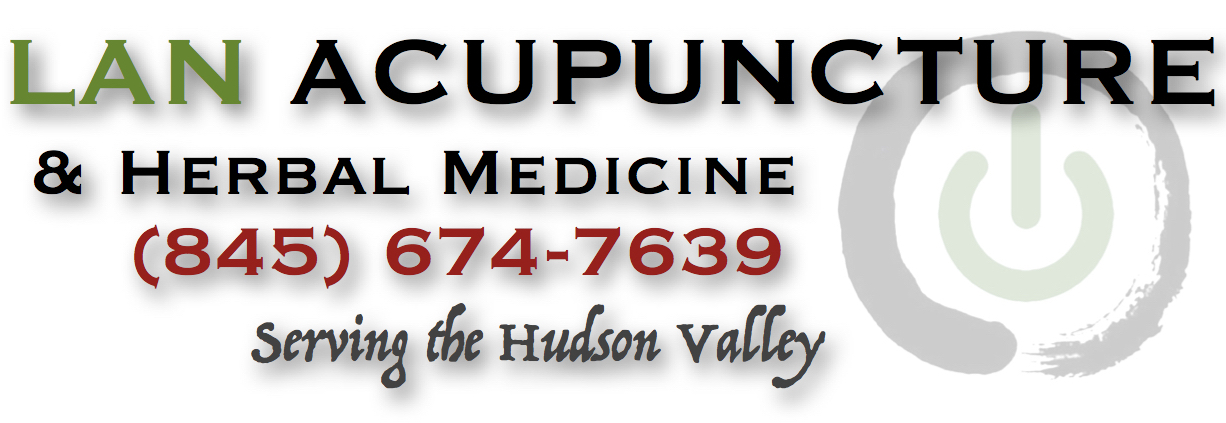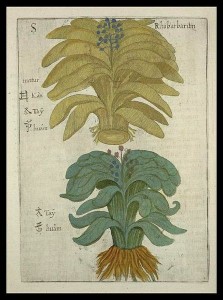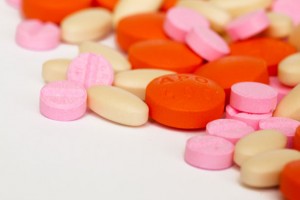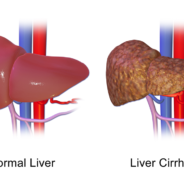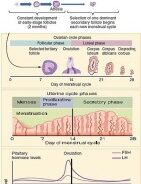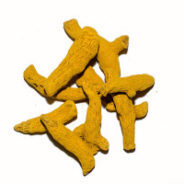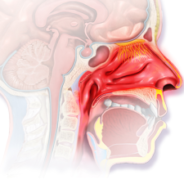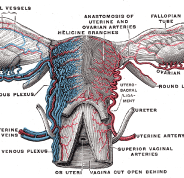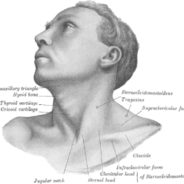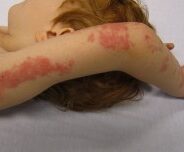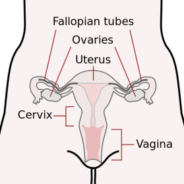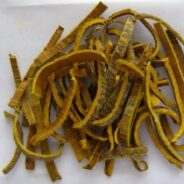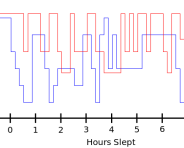1. What is the difference between Chinese herbal medicine and
pharmaceuticals?
2. What is the Difference between Chinese and western herbal
medicine?
3. How long do I need to take herbal medicine
4. When do I take my herbs?
5. Will Chinese herbs conflict with my Western medicine?
1. What is the difference between Chinese herbal medicine and pharmaceuticals?
There are some important differences between Chinese herbal medicine and prescription or over-the-counter western drugs. Since many people in the U.S. are unfamiliar with Traditional Chinese medicine (TCM), it is important to point out some of the basic general differences between Chinese herbal medicine and western drugs:
Importantly, Chinese herbal medicine has few or no side effects. Unlike western drugs, Chinese herbal treatments are taken in a whole food form. For example, teas are decocted from whole roots, stems, and leaves and capsules are filled with crushed whole food material. Western medicine is made by locating active chemical compounds and creating medicines from these compounds. When reduced to its chemical fundamentals, pharmaceuticals have a high potential for side effects. When used appropriately, Chinese herbal treatments will cause no side effects as long as they are used in their whole food form. Research in China has shown that when reduced to their active chemical compounds, Chinese herbal treatments will also cause side effects. This is one reason why TCM practitioners continue to use whole food forms of treatments. Because TCM treatments have not been reduced to their active compounds, they must be consumed in larger quantities and more frequently than most Western pharmaceuticals. They also a broader therapeutic window.
For certain kinds of health conditions, it is necessary to treat with formulas that work by clearing unwanted elements from inside the body. For example, when treating certain skin conditions, the symptoms may become worse before improving because pathogens are being eliminated. Diarrhea is another way that toxins may be cleared from the body. These are neither side effects nor a ‘healing crisis’, because they are necessary to the recovery process. Ask me if you can expect any such reactions.
back to top
2. What is the difference between Chinese and western herbal medicine?
Chinese formulas almost always contain a number of different herbs. Many people familiar with occidental herbal medicine think of herbs as they do western pharmaceuticals; a single herb is good to treat a single disease. For instance, echinacea is good for colds. In TCM, single herbs are rarely used. Formulas may contain as few as two and as many as 15 or more different herbs. In combinations, the individual herbs have different roles. Some may augment or limit the potency of others. Some may concentrate on one specific area of the body whereas others work on a different area. Through thousands of years of practice and research, TCM practitioners have found formulas to be the most effective, most powerful, and safest way of using herbs.
back to top
3.How long do I need to take Chinese herbal medicine?
No treatment lasts forever, according to TCM principles. No treatment, even herbal treatment, is appropriate for continuous use. With western drugs, it is not uncommon for individuals to take certain medications indefinitely. For example, a person with thyroid problems may take Synthroid, a thyroid medication, his entire life. A person with chronic back pain may take Tylenol for years and years. In TCM, a person takes a set of formulas for a limited period of time. This is why TCM practitioners will see their patients regularly (every one to four weeks is common practice). When the patient no longer feels improvement or his practitioner no longer finds improvement in his tongue, pulse, and nails, the herbs will be changed. The first set of formulas has done its job and it is time to move on to the next layer of the problem. When the person’s underlying condition is treated, she will no longer have symptoms and treatment is completed. At that point, there is no longer a need to take herbs. The purpose of treatment is not to control symptoms, but to restore balance to the body. Once balance is restored, the complaints will disappear and there is no longer any need for treatment. The duration of treatment varies depending on the nature and severity of a person’s complaints, how long she has had the complaints, and how quickly her body responds to treatment. Depending on your complaints and condition, you may notice a difference in as few as two or three days. In general, the more chronic a condition, the longer it will take to address it to completion.
back to top
4. When do I take my herbs?
It is best to take herbs at least half-an-hour before or after meals. If you also take western pharmaceuticals, vitamins, or other herbs, it is best to take these at least two hours apart from your Chinese herbs.
back to top
5. Will Chinese herbs conflict with my western medicine?
In most cases, there is no conflict between these two kinds of treatments. It is always best to let me know what medications you take. Please include this on your intake form prior to our first appointment.
LAN Acupuncture & Herbal Medicine
New Windsor, NY
(845) 674-7639
Acupuncture and Herbal Medicine Alleviate Cirrhosis and Ascites
Independent clinical investigations concur that acupuncture and herbs are effective for the treatment of cirrhosis with ascites. One investigation used an integrated treatment protocol consisting of acupuncture, infrared radiation, dietetics, and herbal medicine to achieve positive patient outcomes for patients with end-stage cirrhosis with ascites. The research indicates that integration of Traditional Chinese Medicine (TCM) protocols into the hospital setting benefits end-stage cirrhosis patients. Acupuncture Read more...
read moreMenstrual Pain Relieved with Acupuncture and Herbal Medicine
Acupuncture relieves menstrual pain and cramping. Researchers from the Xianning Hospital of Traditional Chinese Medicine investigated the efficacy of triple acupuncture with moxibustion for the treatment of dysmenorrhea. The research team concludes that triple acupuncture is significantly more effective than conventional acupuncture for the relief of menstrual pain and cramping. Triple acupuncture achieved a 96.7% total effective rate. Conventional acupuncture achieved a 90% total effective Read more...
read moreAcupuncture and Curcumin Protects the Liver from Fibrosis
Acupuncture combined with oral curcumin intake protects the liver from fibrosis. Curcumin is the chief curcuminoid in turmeric (Jiang Huang, Rhizoma Curcumae Longae). Curcumin is bright yellow, hence the name ginger yellow in Chinese. Jiang is translated as ginger and huang means yellow. Curcumin is a principle polyphenol in Jiang Huang, a member of the ginger family of herbs used for enhancing blood circulation in Traditional Chinese medicine (TCM). The researchers concluded that acupuncture plus Read more...
read moreAcupuncture and Herbs Alleviate Hay Fever
Acupuncture and herbs alleviate hay fever (allergic rhinitis). Symptoms include postnasal drip, runny nose, sneezing, itchy or watery eyes, and ear or throat irritation. Lishui Hospital of Traditional Chinese Medicine researchers conducted a randomized controlled clinical trial. Their findings document that a treatment regimen of acupuncture combined with herbal medicine results in a 91.1% total effective rate for the alleviation of allergic rhinitis. Using only herbal medicine achieved a 71.1% Read more...
read moreAcupuncture and Herbs Clear Fallopian Tube Obstructions and Restore Fertility
Acupuncture and herbs clear fallopian tube obstructions and restore fertility. Researchers from the Maternal and Child Health Care Hospital of Puyang City tested a four part Traditional Chinese Medicine (TCM) protocol for restoring fallopian tube patency. The acupuncture and herbal medicine protocol led to the successful clearing of hydrosalpinx and other fallopian tube obstructions. In addition, the acupuncture and herbal medicine protocol outperformed a control group receiving medications. Clinical Read more...
read moreAcupuncture More Effective than NSAIDS for Neck Pain and Stiffness
Acupuncture relieves neck pain and improves range of motion. Chen et al. find acupuncture effective in alleviating cervical spondylosis, a painful disorder caused by intervertebral disc degeneration. Zeng et al. conclude that acupuncture alleviates cervical spondylosis and radiculopathy. The data demonstrates that acupuncture is more effective than NSAIDs (non-steroidal anti-inflammatory drugs). Zhou et al. find acupuncture effective for the alleviation of pain after surgery to the cervical spine. Read more...
read moreAcupuncture and Herbal Medicine Beats Acyclovir for Shingles
Acupuncture combined with herbal medicine outperforms acyclovir for the treatment of shingles (herpes zoster). Acupuncture plus herbs has a significantly higher total effective rate for the treatment of shingles than acyclovir, an antiviral medication. Researchers document that acupuncture plus herbs is both safe and effective for relieving pain, reducing overall symptomatic presentations, and for the resolution of shingles. Researchers from Hubei Medicine College determined that acupuncture Read more...
read moreAcupuncture and Herbs Clear Fallopian Obstruction Infertility
Acupuncture and herbs clear fallopian tube obstructions and restore fertility. Researchers from the Maternal and Child Health Care Hospital of Puyang City tested a four part Traditional Chinese Medicine (TCM) protocol for restoring fallopian tube patency. The acupuncture and herbal medicine protocol led to the successful clearing of hydrosalpinx and other fallopian tube obstructions. In addition, the acupuncture and herbal medicine protocol outperformed a control group receiving medications. Clinical Read more...
read moreNon-Healing Wounds & Cervical Dysplasia
Acupuncture and Chinese herbal medicine combine well with biomedicine. The turtle acupuncture technique often helps. Although distinctly different systems, they often combine to produce superior clinical results. Two common examples are the application of acupuncture to post-surgical sites to prevent invasive infections and the spraying of herbal medicine onto the cervix to reverse cervical dysplasia. Bone plugs, hip replacements and other surgical installations & procedures run the Read more...
read moreAcupuncture and Herbs Alleviate Restless Leg Syndrome
Acupuncture and herbs alleviate restless leg syndrome (RLS). Researchers tested two forms of treatments and the findings indicate that acupuncture combined with herbal medicine is both safe and effective for the treatment of RLS. The total effective rate for acupuncture plus herbs was 95.24%. Restless leg syndrome (a.k.a. Willis-Ekbom disease) is characterized by a need to move the legs. The symptoms are typically worse at night and tend to lessen upon movement. An uncomfortable feeling in the Read more...
read more